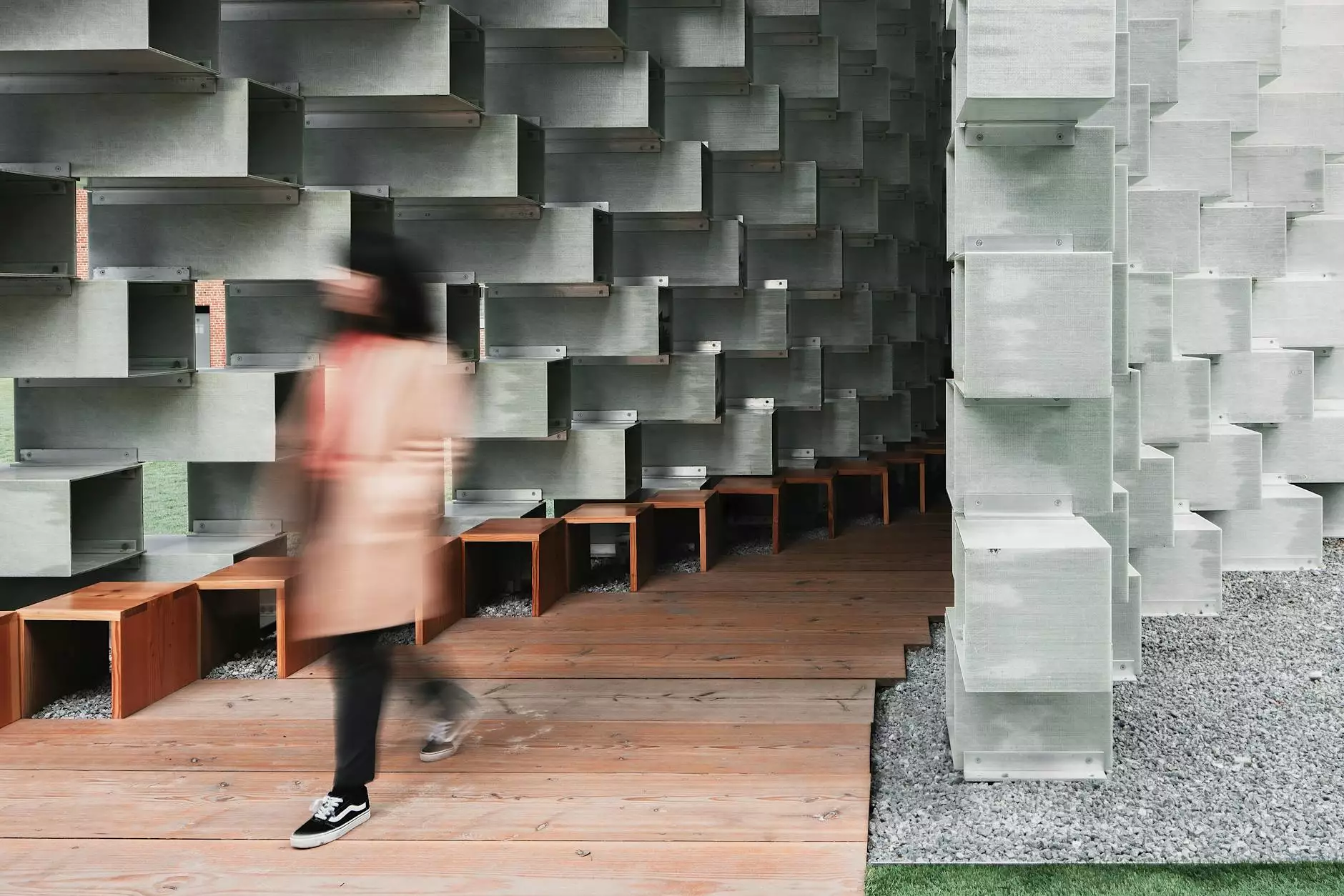Discover the Power of Faith and Community: Celebrating Business and Religious Growth in New York City with zion.nyc

In the heart of New York City, one finds a thriving ecosystem of religious organizations, synagogues, and churches that serve as pillars of spiritual strength, cultural identity, and community development. Among these, zion.nyc stands out as a prominent leader, fostering a dynamic environment where faith meets community service, education, and social progress. This article delves into the thriving business of religious organizations in NYC, highlighting how entities like Zion contribute not only to spiritual well-being but also to the economic and societal fabric of the city.
Urban Faith: The Vital Role of Religious Organizations in NYC’s Cultural Tapestry
New York City is renowned for its diversity, which is beautifully reflected in its multitude of religious organizations. These institutions are more than places of worship; they are centers of social justice, cultural preservation, and community resilience. Religious organizations play an essential role in providing support systems, educational opportunities, and charitable services that address urban challenges.
Specifically, synagogues, churches, and other faith-based entities act as vital hubs for fostering social cohesion and spiritual nourishment. They serve diverse populations, offering a sense of belonging and identity that sustains neighborhoods through times of prosperity and adversity. Their influence extends beyond the spiritual realm into economic development and community empowerment.
The Business of Faith: How Religious Institutions in NYC Thrive and Grow
Financial Sustainability and Community Investment
Religious organizations in New York City, such as those highlighted by zion.nyc, have evolved into complex entities that balance spiritual mission with sustainable business practices. These organizations leverage diverse revenue streams, including donations, grants, educational services, and community programs, to fund their operations and outreach.
- Donation Programs: Robust fundraising campaigns and donor networks provide the financial backbone of many organizations.
- Education and Cultural Programs: Schools, workshops, and cultural events generate revenue and foster engagement.
- Facility Rentals and Events: Hosting community events, weddings, and conferences utilizing church halls, synagogues, and event spaces.
- Partnerships and Grants: Collaborations with local government, non-profit sectors, and private benefactors boost resources and visibility.
Innovative Approaches to Community Engagement
Modern religious entities adapt to urban demographics by integrating technology, social media, and outreach programs that attract younger generations. Platforms like https://zion.nyc/ exemplify this trend by combining tradition with innovation, making spiritual life accessible and relevant in the digital age.
Elevating Spirituality and Business: zion.nyc as a Model for Success
zion.nyc is not just a place of worship; it represents a holistic approach to faith-based business in NYC. The organization works tirelessly to serve its community through numerous initiatives:
- Spiritual Development: Hosting events, sermons, and educational classes that deepen faith and foster leadership.
- Community Outreach: Providing food banks, shelters, and social services to aid underserved populations.
- Economic Empowerment: Supporting local businesses and entrepreneurs through networking events and mentorship programs.
- Interfaith Initiatives: Promoting dialogue and cooperation among various religious groups, fostering peace and mutual understanding.
The Significance of Synagogues and Churches in NYC’s Economic Landscape
Real Estate and Infrastructure Development
Many religious organizations own substantial properties which contribute significantly to local real estate markets. These properties, often historic and architecturally significant, also serve as community anchors and spaces for intercultural exchange.
Employment and Local Business Support
Religious institutions are among the largest employers in their neighborhoods, creating jobs for clergy, administrative staff, educators, and maintenance personnel. Additionally, they support local businesses by hosting events and sourcing services locally, thus invigorating the urban economy.
Faith and Business Synergy: Building a Prosperous Community
The integration of faith and enterprise is evident in New York City’s religious organizations, which often operate as social enterprises dedicated to upliftment. This synergy ensures that spirituality inspires business practices rooted in compassion, integrity, and community service.
Leadership and Governance in Religious Business
Effective governance structures, transparency, and strategic planning are crucial to maintaining the success of organizations like zion.nyc. These organizations often employ professional staff, advisory boards, and community volunteers to ensure sustainability and growth.
Impactful Outreach Programs and Their Role in Urban Development
Religious organizations are uniquely positioned to influence urban development through targeted outreach, advocacy, and educational programs. They often partner with local authorities and nonprofit entities to address issues like homelessness, poverty, and educational disparities.
Key Outreach Initiatives Include:
- Food Security and Soup Kitchens: Feeding programs that serve thousands weekly.
- Educational Scholarships: Supporting youth and adults in gaining skills and knowledge for economic independence.
- Healthcare Access: Free clinics and health education to improve community wellness.
- Interfaith Dialogues: Fostering understanding and cooperation among diverse faith communities.
The Future of Religious Business in NYC: Growth and Opportunity
As New York City continues to evolve as a hub of cultural and spiritual diversity, religious organizations like zion.nyc are poised to play an even more substantial role in shaping the socio-economic landscape. Innovations in digital faith engagement, sustainable infrastructure projects, and community-centered business models will guide their growth trajectory.
Furthermore, increasing collaborations with civic organizations and private sectors will enhance their capacity to serve and empower neighborhoods, turning faith-based entities into catalysts for urban renewal and social justice efforts.
Conclusion: Faith-Driven Business as a Pillar of NYC’s Vibrant Community
In sum, the churches, synagogues, and other religious organizations in New York City form an indispensable part of the city’s economic, cultural, and social fabric. Organizations such as zion.nyc exemplify how faith and business can unite to create thriving, resilient communities rooted in shared values and collective action.
By nurturing spiritual growth, supporting economic development, and fostering inclusive social programs, these institutions help ensure that NYC remains a beacon of hope, diversity, and prosperity for generations to come.
Discover more about the transformative work being done by zion.nyc and how faith-based business practices can lead to a more connected, compassionate, and prosperous society in the big apple.









